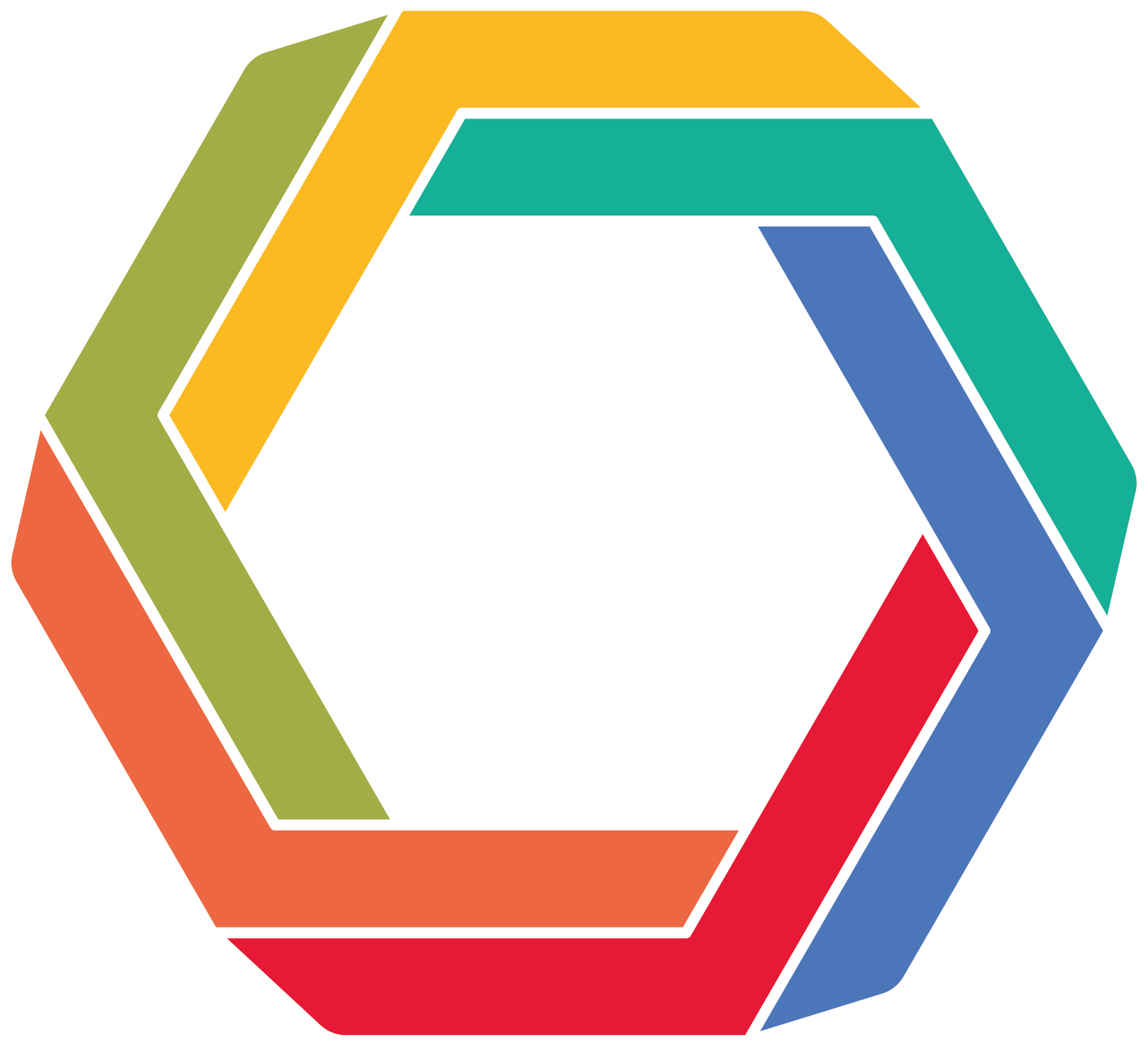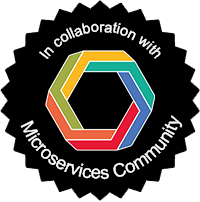Microservices 2019
Microservices 2019 has ended, but the community behind it keeps growing.
Thanks to all the attendees for the fantastic event.
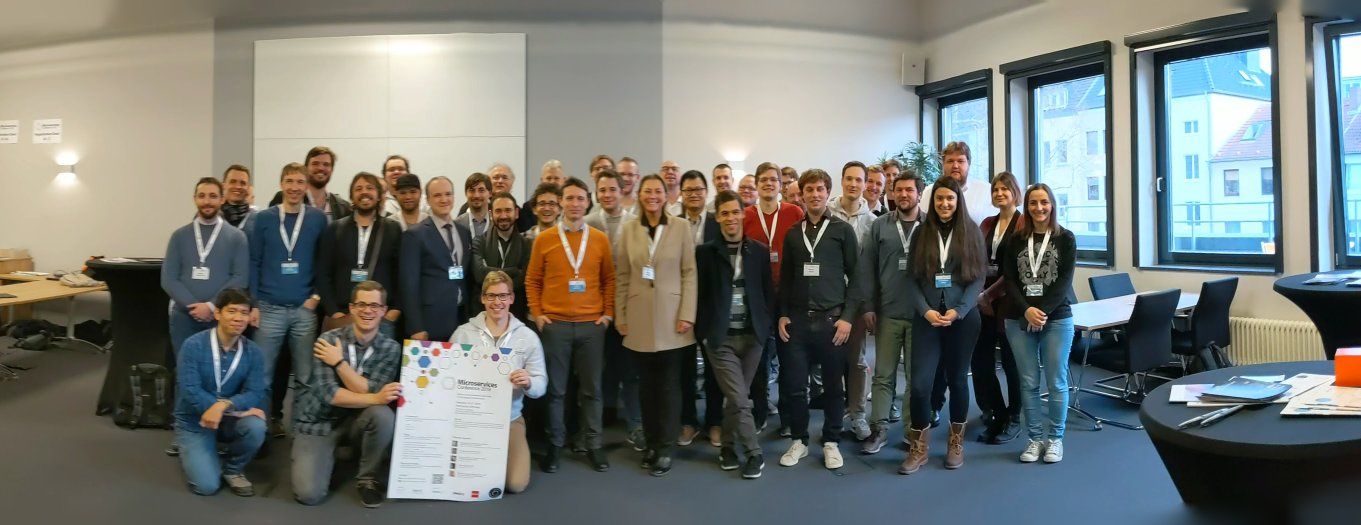
The International Conference on Microservices is a forum for the discussion of all aspects of microservices: their design, programming, and operations. The 2019 edition of the conference (Microservices 2019) will take place from February 19th to 21st, 2019 at the University of Applied Sciences and Arts Dortmund, Germany.
The conference’s overarching aim is to bring together industry and academia, to foster discussion on practice and research of microservices.
Microservices 2019 is part of a series of conferences started with Microservices 2017 which successfully brought together many international practitioners and researches interested in the software paradigm of microservices. During Microservices 2017 the Microservices Community was founded with the aims of sharing of knowledge, fostering of collaborations, and organising events around microservices. In this edition, Microservices will be co-located and intertwined with the first international edition of the Meeting on Microservices (the first national edition took place in Bologna, Italy), an event specifically oriented towards companies where invited speakers from industry report success stories, best practices, current challenges, and attendees participate to discussion panels on the adoption and evolution of microservices in production.
Keynote Speakers
Design
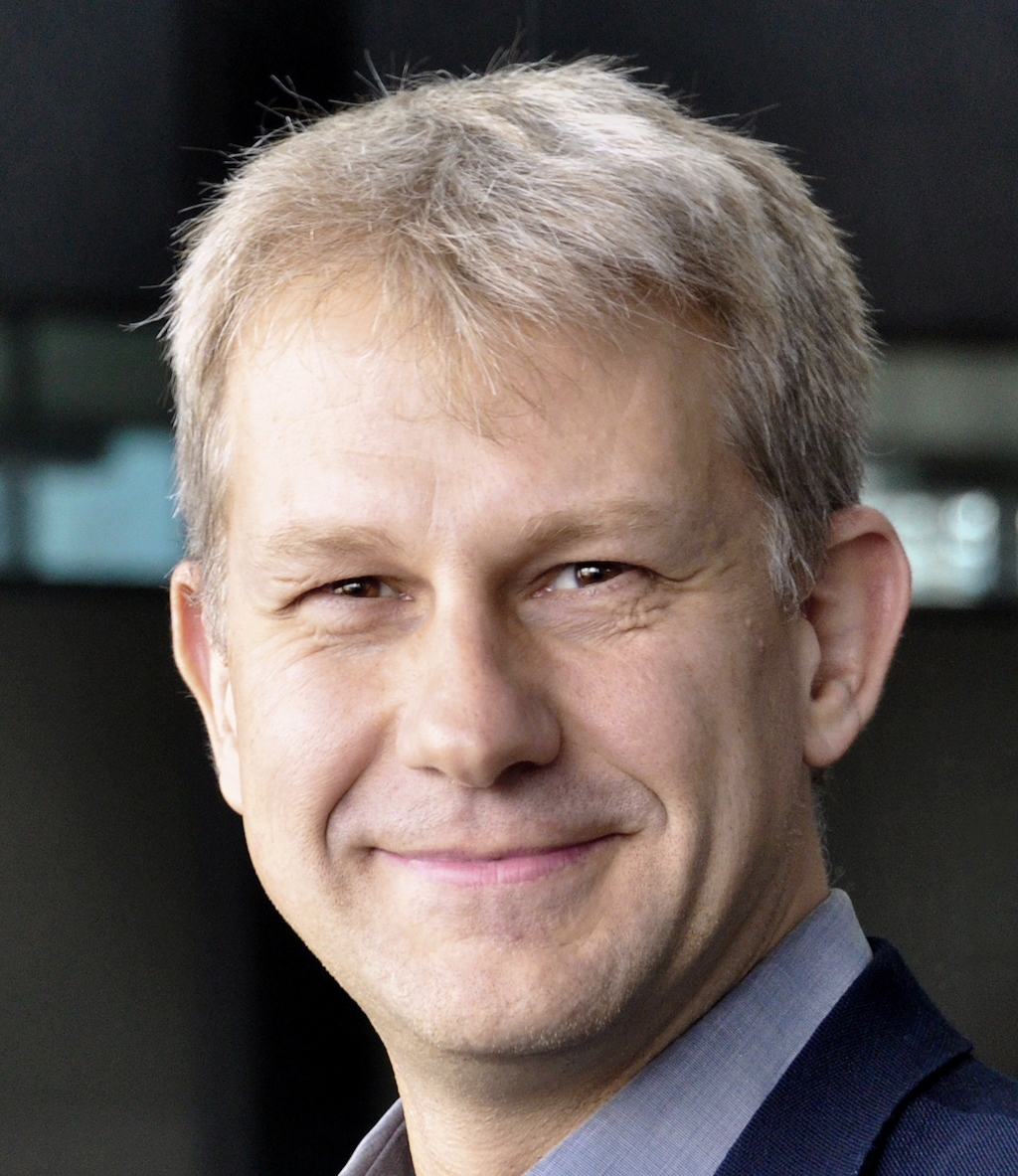
Olaf Zimmermann
University of Applied Sciences of Eastern Switzerland, Rapperswil (HSR FHO)
Develop
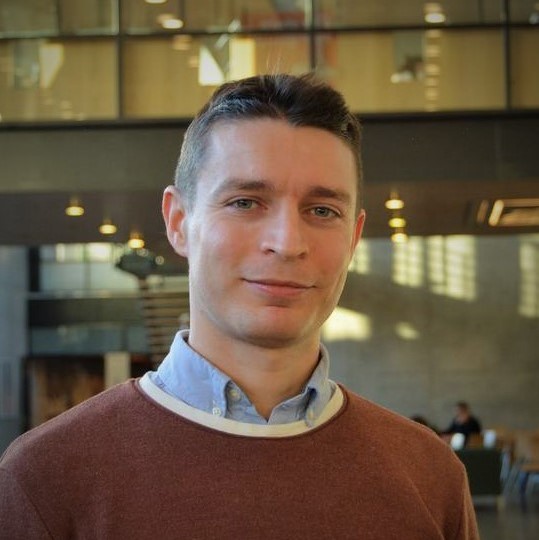

Deploy


Peter Rossbach
bee42 solutions gmbh
Microservices & Digital Transformation
The general theme of Microservices 2019 is the interplay between microservices and the Digital Transformation, i.e., the process of accelerating and improving business activities, processes, and models through digital automation. This process is crucial for companies in highly-competing markets, where integration and flexibility of software systems become critical assets to establish leadership. Here, microservices can play a central role. They can streamline integration (thanks to their focus on standards and interoperability) and enable more flexible solutions (by supporting dynamic deployments and elastic scaling).
However, these benefits come at a cost: the increased complexity calls for a proportional improvement of techniques for software construction. This requires contributions from different areas, ranging from formal methods to software engineering and the general art of programming.
Microservices welcomes both theoretical and experimental submissions on topics ranging from formal frameworks to industrial experience reports and demonstrations. Presentations will be selected based on abstract submissions of maximum two pages. See the call for papers for details.
Scope and Topics
The theme of this edition is the interplay between microservices and the Digital Transformation, i.e., the process of accelerating and improving business activities, processes, and models through digital automation. This process is crucial for companies in highly-competing markets, where integration and flexibility of software systems becomes a critical asset to establish leadership. Here, microservices can play a central role. They can streamline integration (thanks to their focus on standards and interoperability) and enable more flexible solutions (by supporting dynamic deployments and elastic scaling).
However these benefits come at a cost: an increased complexity that calls for a proportional improvement of techniques for software construction. This requires contributions from different areas, ranging from formal methods to software engineering and the general art of programming.
Topics of interest include (but are not limited to):
- Design and implementation of microservice architectures.
- Empirical studies of microservices.
- Software engineering methods for microservices.
- Security in microservices.
- Formal models for microservices.
- Verification (both static and runtime) of microservice systems.
- Programming languages and techniques for microservices.
- Testing for microservices.
We solicit contributed talks based work in progress, scientific work published or submitted for publication, or practical experience reports. Authors wishing to present their work are invited to submit extended abstracts following the submission guidelines. Abstracts and presentations must be in English.
Post-proceedings
Depending on the success of this initiative, we are considering the publication of a volume of post-proceedings, for which there will be a separate call for papers. In this way, the interested authors will have a chance to enrich their contributions according to the feedback they received during the event. The tentative deadline for submitting papers for the post-proceedings is mid-May 2019.
Please contact the program chairs if you have questions.
Submission
A submission should describe a talk to be given at the conference in the form of extended abstracts with a maximum of two pages. Submissions can be based on work in progress, scientific work published or submitted for publication, practical experience reports, or practical tool demonstrations. They must further be prepared using the EasyChair template (LaTeX, MS Word), be in PDF format, printable in black and white on A4 paper, and interpretable by common PDF tools. Submissions must be in English.
Contributions may be submitted via EasyChair by clicking the button below. The submission deadline is November 30th, 2018 AoE. Resubmissions are allowed until the submission deadline.
Contributions will be reviewed and selected by the Program Committee. Extended abstracts of accepted contributions will be available electronically before the conference.
For more details on the conference’s scope and topics see the call for papers.
